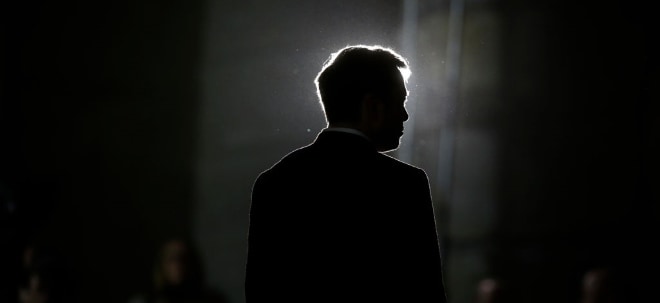
What's going on here? A war is supposed to throw a life preserver to a floundering economy, not sink it. Well, as Americans are starting to realize, this is not your typical war. This time there won't be any massive arms buildup and full-scale mobilization of resources. We won't be launching Liberty ships or new fleets of bombers to fight terrorists armed with box cutters.
Indeed, with the home front threatened, consumer confidence waning and businesses hunkering down and putting expansion plans on hold, the U.S. is experiencing the worst aspects of a wartime economy with few of the benefits.Many observers think the 4.9% August unemployment rate, which had already risen a full percentage point over the previous 11 months, could now hit 5% to 6% early next year. Foreign investors, who lately have plowed $500 billion a year into the U.S. economy, no longer view the dollar as the safe haven it once was. And housing, one of the last sectors of the economy to show resiliency, seems to be dragging; housing starts fell nearly 7% in August, the government reported last week.
In the aftermath of the terrorist attack, consumers and business leaders alike are in mourning. "We're all walking around with heavy hearts, and when you add light wallets to heavy hearts, it's even more devastating," says Nicki Grossman, president of the Greater Fort Lauderdale Convention and Visitors Bureau. All across Florida, where more than half the visitors arrive by air, the once thriving tourism industry has been decimated. In the Orlando area alone, 253 groups representing 32,531 attendees have canceled visits set for September, and an additional 82 groups have nixed their plans for October. In Las Vegas, only half the city's 125,000 hotel rooms were occupied last week, down from 94% a year ago; Park Place Entertainment announced last week it was postponing the $475 million construction of a hotel tower at Caesars Palace. From New York City to Los Angeles, waiters, travel agents and Broadway actors are all losing work.
The pain looks likely to spread to other industries as corporate profits get hit. Many companies, such as Intel and United Technologies, are bracing for the call-up of the Reserves, which will sap those organizations of expertise that isn't easily replaced. And new, tougher security measures for cargo at airports, shipping ports and border crossings could disrupt the just-in-time supply chain that has been one of the key accelerators of growth during the past decade. Companies could be forced to carry higher, costlier levels of inventory. With critical parts delayed at the U.S.-Canada border, Ford, General Motors, DaimlerChrysler and Toyota have had to idle assembly lines and reduce production. And some florists have had trouble getting their regular supplies from South America. "The biggest economic cost of being victims of terrorism is through lost productivity," says Neal Soss, chief economist at Credit Suisse First Boston.
http://www.time.com/time/magazine/article/...101011001-175989,00.html
|


 Thread abonnieren
Thread abonnieren


